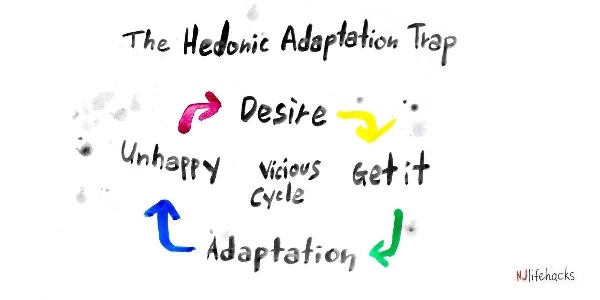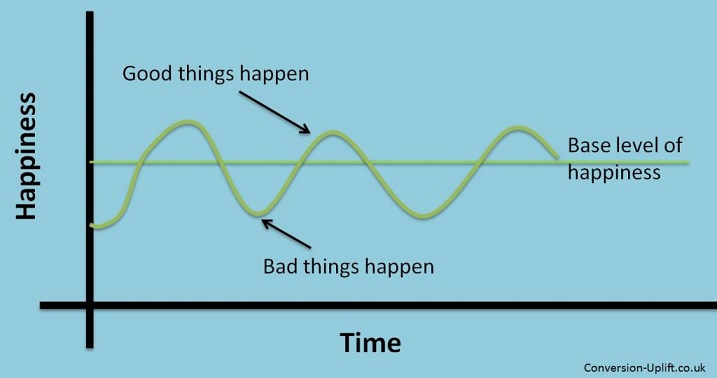
Let’s get right to it.
Cue music (something gentle): Still Corners “The Trip“.
In this blog, a mixture of philosophies has been presented. Rather than one way of thinking, an eclectic approach has been taken. A philosophy of enjoyment mixes philosophies and accepts wise insights from anywhere and everywhere, including:
1) Epicureanism: avoid pain and seek natural and necessary pleasures like food, friends, and shelter,
2) Stoicism: seek virtue, use endurance, self-restraint and willpower to withstand problems, and balance animal nature with human reason,
3) Existentialism: as a free and responsible agent, you develop yourself through willpower,
4) Romanticism: subjectivity, beauty, imagination and emotion are important,
5) Empiricism: what we know comes from sense experience,
6) Rationalism: what we know comes from reason,
7) Religion: peaceful happiness comes through love, egolessness and the golden rule,
8) Science: ideas can be tested,
9) Movies, music, books… all forms of beauty making: “Only connect,” E.M. Forster,
10) Nature: “Come forth into the light of things, let nature be your teacher,” W. Wordsworth.
Like a pie made better with a mixture of select ingredients, so is your philosophy of enjoyment.
An example of a delicious pie made with a mixture of select ingredients (see: A Brief History of the Great British Pie).
And in this pie of philosophies, there are two ways of looking at the world. We can look a the world: 1) The Thinking Way, or, 2) The Not-thinking Way.
Please note: We can pivot between looking at the world the thinking way and the not-thinking way.
1) The Thinking Way: The first way of looking at the world is the ordinary way. It’s how we get things done. It is what most people are used to and why most people look distracted. This is the practical, utilitarian way. It is to see things filtered through yourself. It is to look at the world as it affects you and as you think about it. It is to see the world through the filter of your personality. Your mood, your preferences and your conditioned opinions colour everything.
The danger in the Thinking Way of looking at the world is that you can be so inside your head that you don’t see what’s going on and when you’re in your head like that, you can talk yourself into, or out of, almost anything. You can see, but you don’t. It’s like when you park a car and don’t remember driving. You get home and don’t remember the trip. Why is that? It’s because you were absorbed in thinking and you didn’t see the world. You negotiated down roads, around trees and buildings, but you were a million miles away.
2. The Not-thinking Way: The second way of looking is the opposite of the thinking way. It’s not that your brain isn’t working—it is—it’s just that it is not self-directed and busy. The Not-thinking Way is a stilling of one’s mental chatter to the point of experiencing the world directly, unfiltered by thoughts, fears, memories or desires.
And when you look directly at the world with all of your senses, there is no one narrating. There are no mental movies playing. There is simply: here.
You, and, here: One and the same. Aware.
Just awareness.
The odd thing about looking at the world the not-thinking way is that, when thoughts go quiet, for however brief a time, one starts to feel a happy feeling that must be experienced. To try to describe it is as ineffectual as to describe the colour red to someone who can’t see red.
Suffice it to say that you feel a peaceful easy feeling. When mental chatter fades and you feel yourself in a peaceful, lazy, stillness, and that subtle feeling of happiness bubbles-up, keep in mind that this “bubbly feeling of happiness” will last up until you realize you’re feeling it. When you realize you‘re feeling it, awareness of yourself puts you in the Thinking Way again and then it’s like when Wile E. Coyote realizes he’s defying gravity and with this realization, suddenly plummets.
Along with this mixing of philosophies and this pivoting between two ways of looking—the thinking way and the not-thinking way—another thing to remember is that, in life, there are two ways of finding meaning. There is finding: 1) Meaning in Being, and, 2) Meaning in Doing.
1) Meaning in Being: One way of finding meaning is to find meaning in being itself. One finds meaning and living to be the same thing! The meaning of life is to live. Living is the meaning and meaning is found in living. It’s like, if you asked what is the meaning of a flower? Does a flower have a meaning? What’s it mean? What’s its purpose? Is it just biology? It could be said that the meaning or purpose of a flower is to flower. Similarly, it could be said that the meaning or purpose of you is to “you.”
This way of finding meaning in being relates to the not-thinking way of looking and we are advised to live everyday and enjoy it. The counter to this is to find no meaning in life which leads many people to escapism and mind-altering drugs.
Finding Meaning in Being is like going into the field as shown in the golf movie, The Legend of Bagger Vance (2000):
2) Meaning in Doing: The second way of finding meaning is to find meaning in doing, and, if possible, to make a difference in the world before you die. This latter way of finding meaning is illustrated in many movies.
In Fight Club (1999), for example, there’s a scene where a guy (Brad Pitt) puts a gun to another guy’s head and tells this poor guy to follow his dream and become a veterinarian, or else. In this way, a gun is used as a motivation device.
Another example is in the movie Ikiru, or, “To Live” (1952) in which the main character doesn’t realize he hasn’t been living until he gets diagnosed with cancer and then that realization causes his transformation.
In all of this, in what you pay attention to and in the way you look at the world and find meaning in being or doing or not doing, it is a choice. You choose to be who and what you are.
In the novel, In the Days of the Comet (1906) by H. G. Wells, a comet hits Earth causing “nitrogen of the air,” to “change out of itself” which results in: “The great Change has come for evermore, happiness and beauty are our atmosphere, there is peace on earth and good will to all men.”
People instantly become good, rational and wise because of a change in the air, but it doesn’t have to be that way. We don’t have to be hit by a comet to change. A person can be enlightened simply by deciding to be wise and loving like Mr. Williams did in the movie Living (2022).
In Ethics (1677) the philosopher Baruch Spinoza (1632-1677) said that you can experience a personal transformation without a comet simply by becoming more rational. The more you are rational—as in, reasonable, logical, intelligent, wise, judicious, clear-eyed and enlightened—the more your mind coincides with the minds of others who are rational and when our minds coincide, we are united; conversely, the more irrational and unwise you are (think Trump and Putin), the more our minds are divided.
To Spinoza, if you can look upon the natural world as a whole with an attitude of love and reverence, you are freed from your particular identity as a historical person with a particular body and you are not just united with your community, you are united with the whole universe.
Now, enjoy yourself being rational because you never know. C’est la vie!


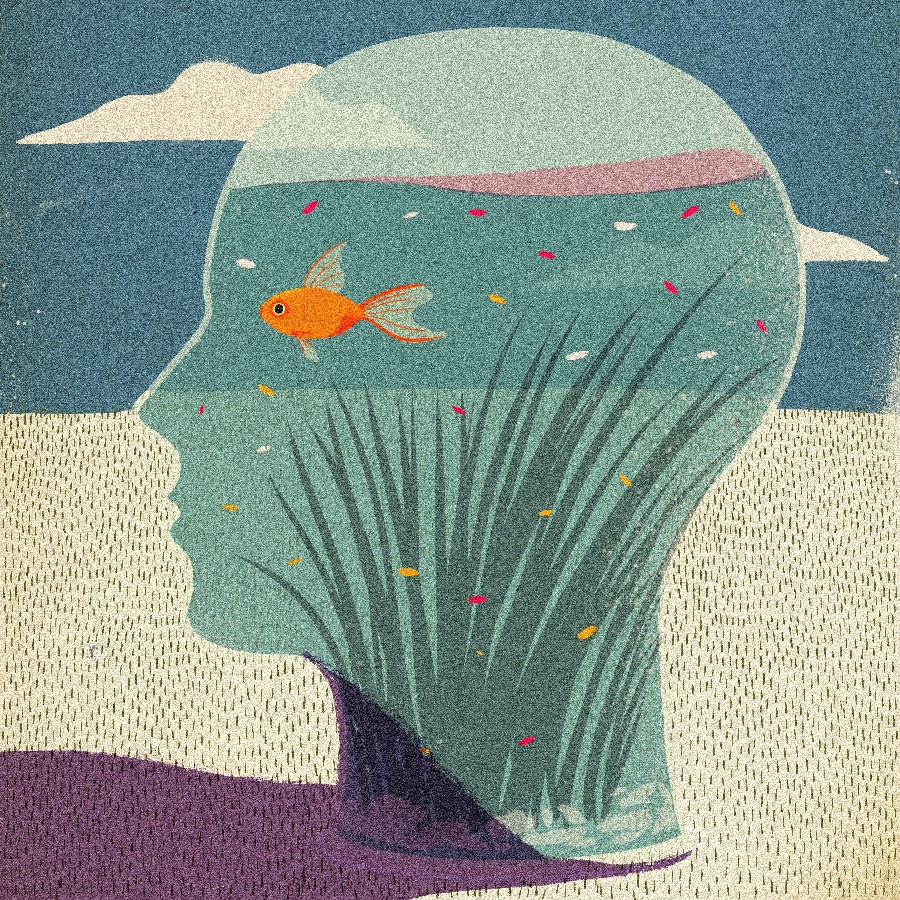
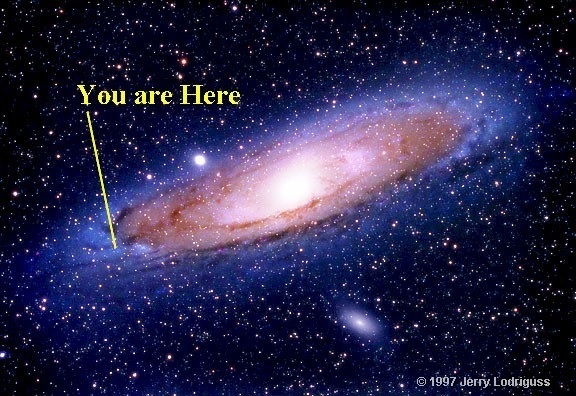


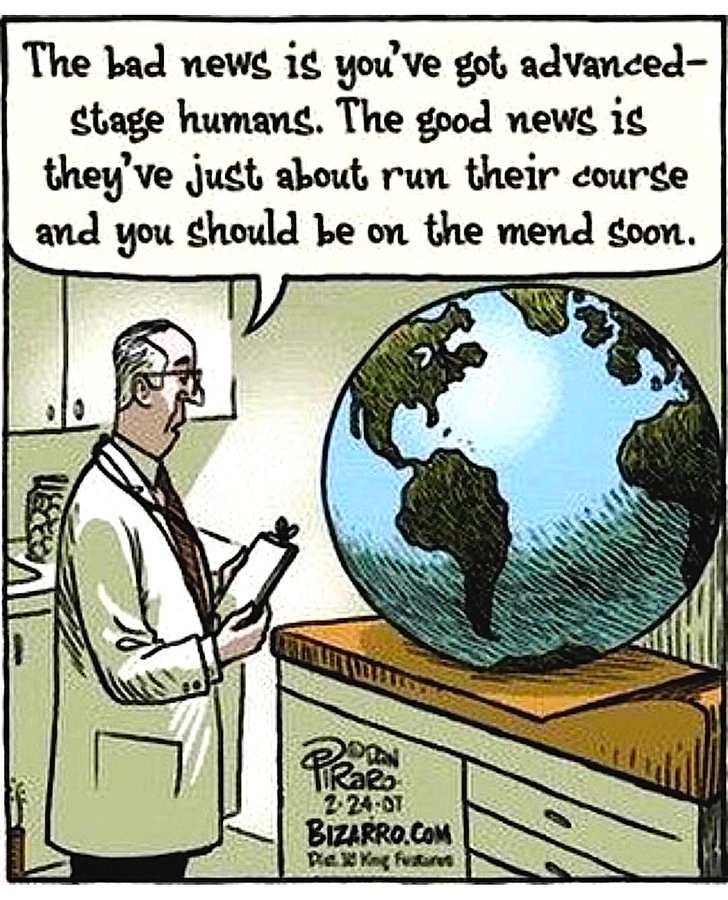

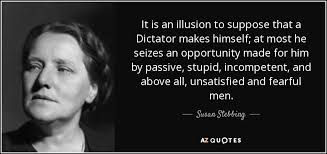

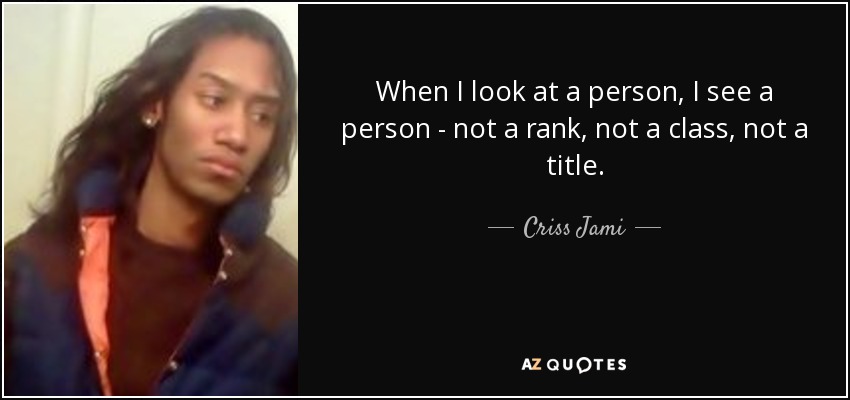

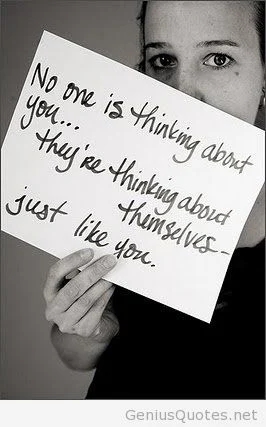



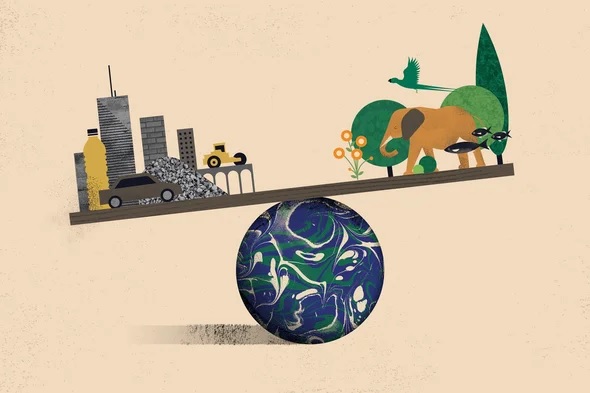
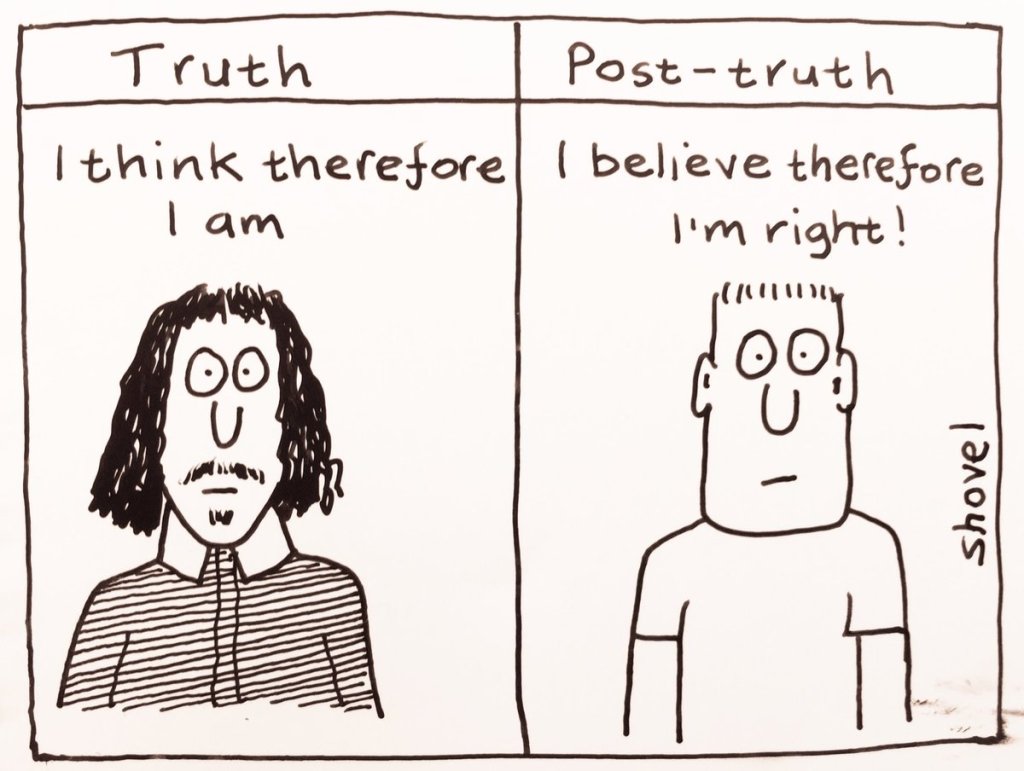



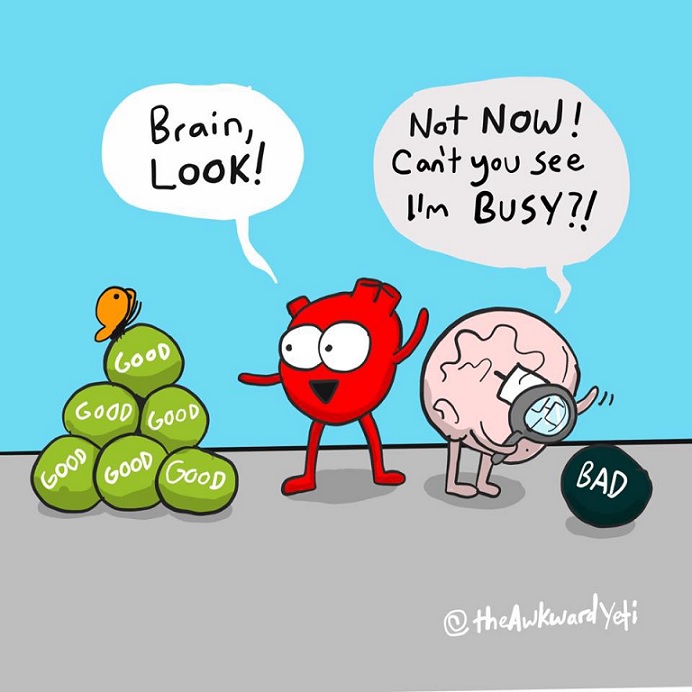





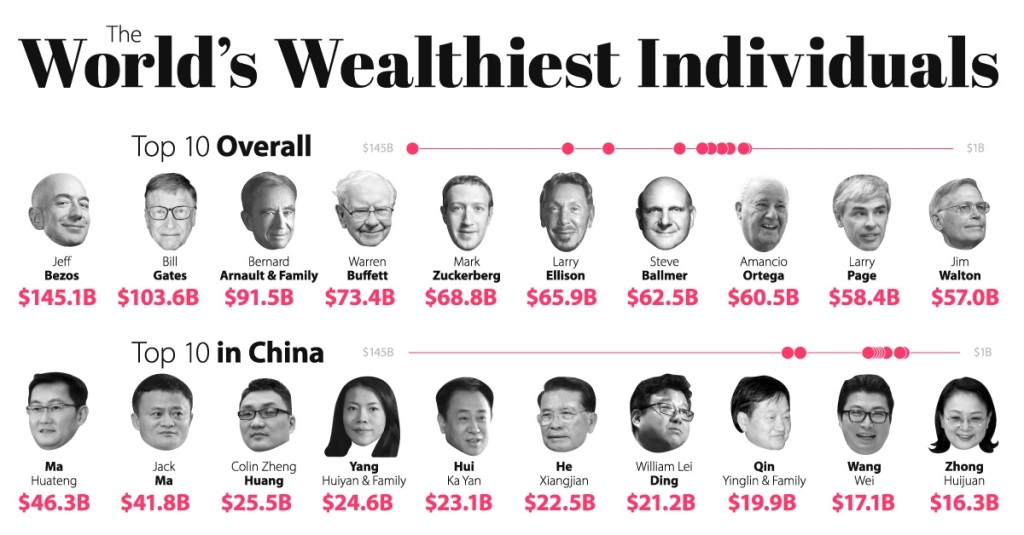
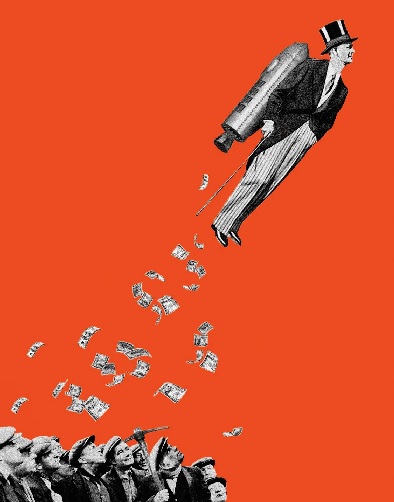
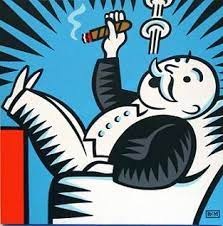


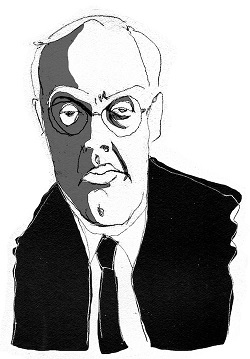
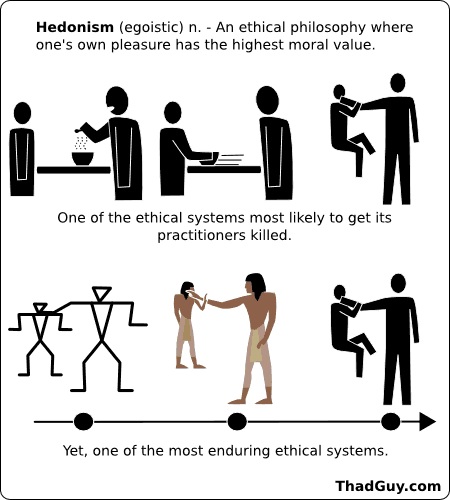
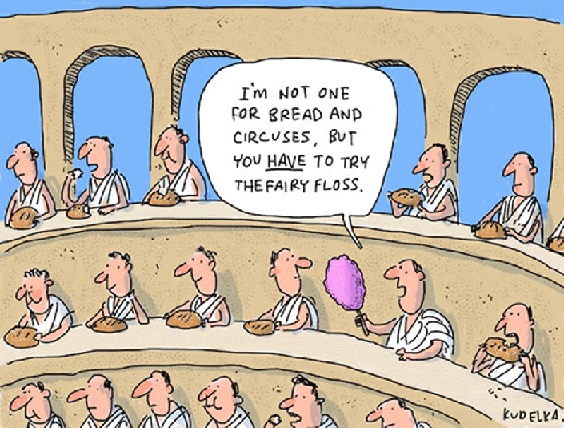

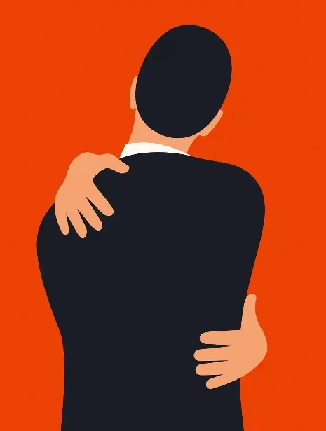

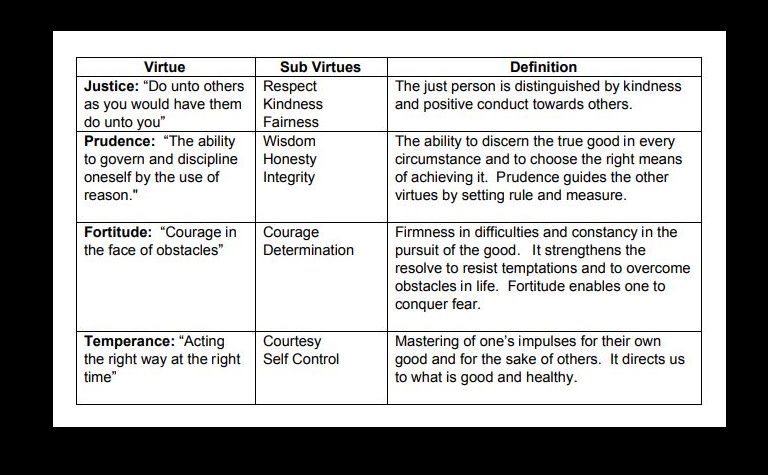


























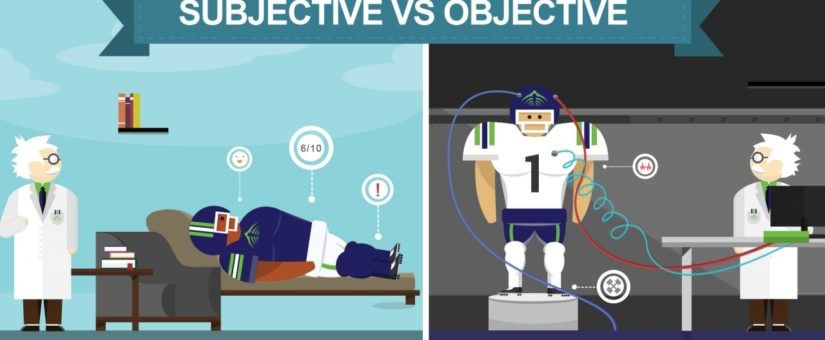






 It was in a Human Resources Leadership seminar that a Power Point slide with two bullet points was shown:
It was in a Human Resources Leadership seminar that a Power Point slide with two bullet points was shown:


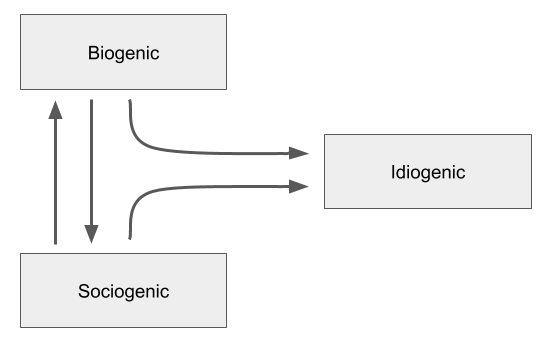






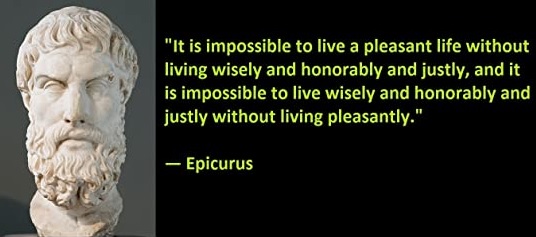


 But if all joy is fleeting, like the clown says, then so is “despair,” “despondency” and “apathy”– possibly. If all emotions—including the “bad” ones—are fleeting, then one need only let them pass fleetingly.
But if all joy is fleeting, like the clown says, then so is “despair,” “despondency” and “apathy”– possibly. If all emotions—including the “bad” ones—are fleeting, then one need only let them pass fleetingly.










